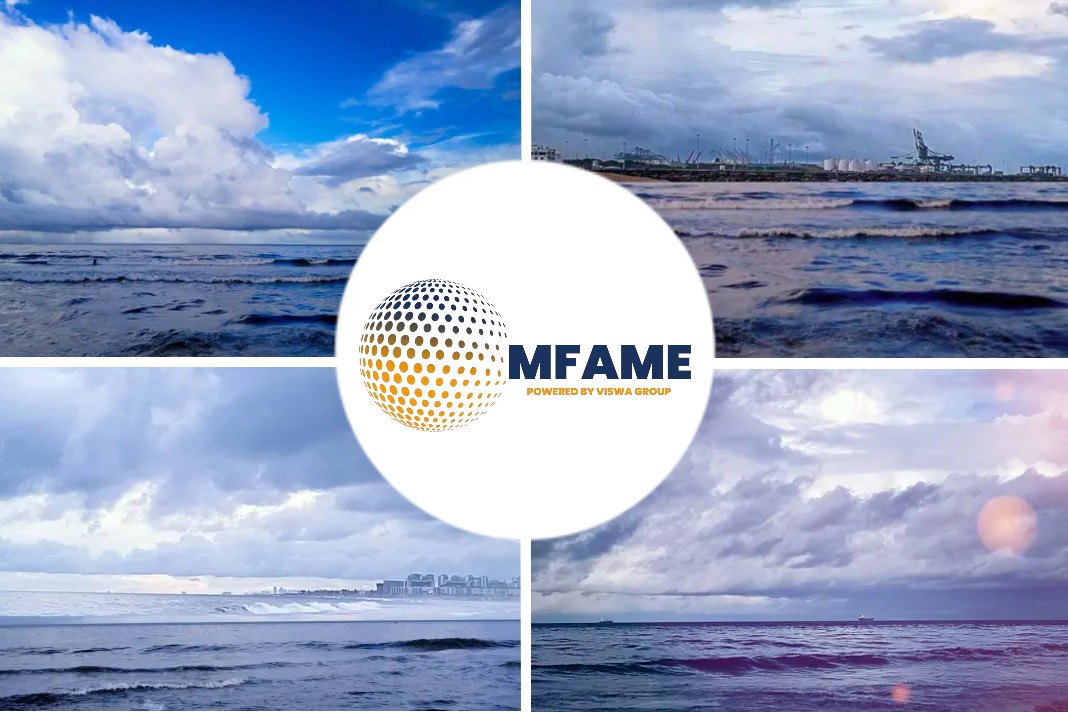Data must be generated and shared among all the stakeholders. There is also the issue of acceptance. This is especially important when it comes to legal contracts. A common format for an electronic bill of lading (eBOL) — i.e., the contract of carriage — needs to be accepted by regulators since, for example, customs officials will need to examine them during pre-arrival container screenings and during physical inspections at ports of entry.
Banks need to be involved since bills of lading form part of the process by which importers and exporters transact using letters of credit and documentary collection. Insurance companies will also need access should damage claims arise. An eBOL must, therefore, be in a format that ensures interoperability across multiple user interfaces.
Given that the container liners are global businesses covering many jurisdictions, the DCSA is smart to leverage an eBOL format suggested by the United Nations Centre for Trade Facilitation and Electronic Business (UN/CEFACT). Still, a uniform eBOL should not be the goal but rather a first step. After all, contracts are established between two unique parties, and each is entitled to negotiate over language and content, whether it be in paper or electronic format.






















